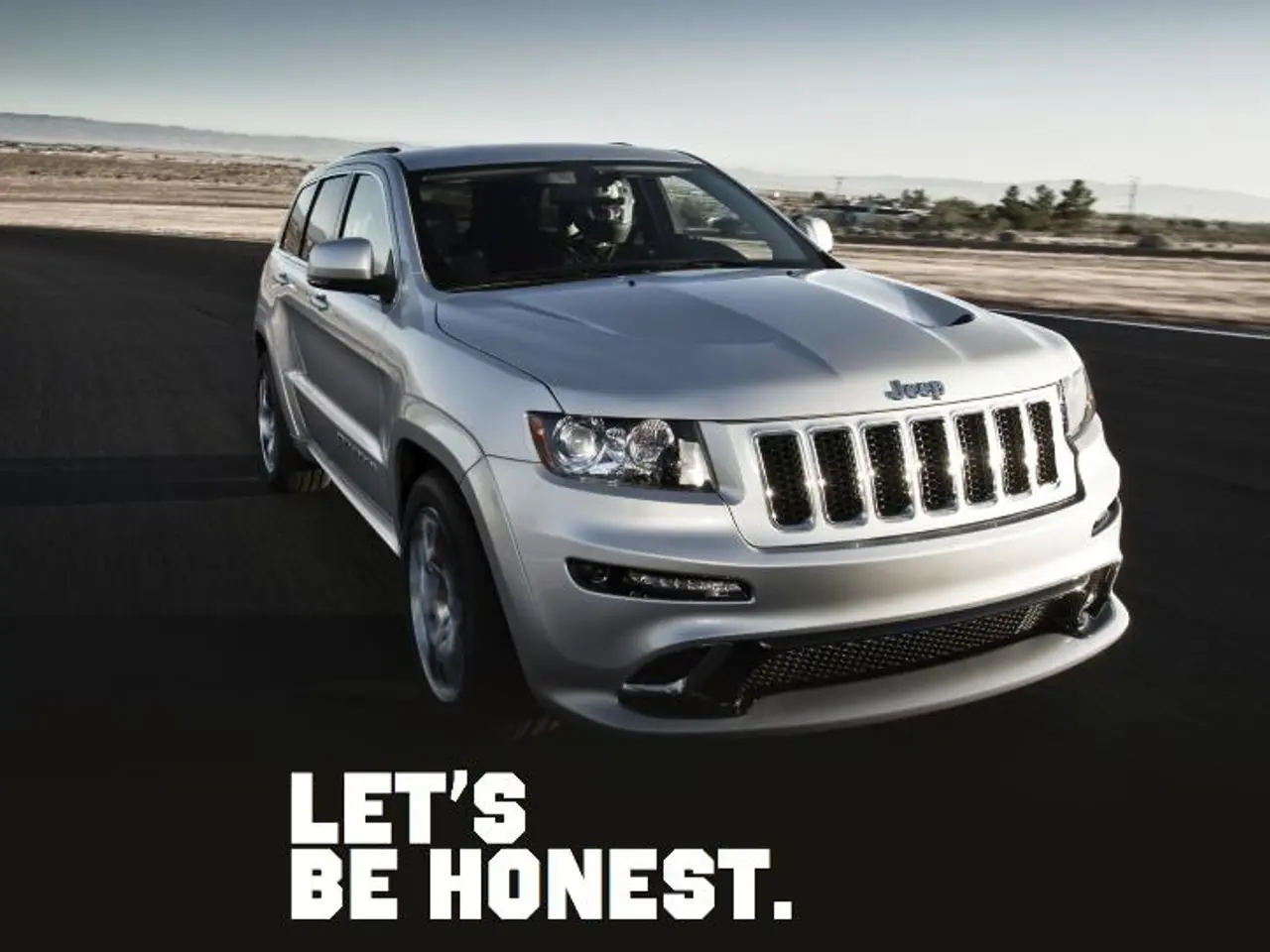Essential Insights for Car Owners on the Advantages of Extended Warranty Coverage
In the world of car ownership, unexpected repairs can be a significant financial burden. However, purchasing an extended warranty for a vehicle offers financial protection against costly repairs beyond the original manufacturer’s warranty. This article explores the key benefits of extended warranties and why they can be a valuable investment for car owners.
One of the primary advantages of extended warranties is comprehensive coverage for costly parts and systems. Extended warranties often cover critical and expensive components that are prone to failure after the factory warranty expires. This means that drivers can rest easy knowing that their engine, transmission, electrical systems, and cooling systems, among others, are protected[1][3].
Another significant benefit is the peace of mind that extended warranties provide. Knowing that repairs will be covered reduces stress and uncertainty about high repair costs[2][4]. Furthermore, extended warranties offer budget-friendly payment options. Many providers offer multiple tiers of coverage plans, allowing you to select one that fits your financial situation and vehicle needs[1].
In addition to these benefits, some extended warranties include added roadside assistance and perks. These can include 24/7 roadside assistance, towing, flat tires, battery boosts, lockout assistance, and rental car coverage during repairs[1][3]. This added coverage ensures that drivers are protected not just when their vehicle breaks down, but also in the event of minor incidents that may require roadside assistance.
Extended warranties also simplify the repair process by providing nationwide repair networks. Access to approved, licensed repair shops across the country simplifies maintenance and ensures professionalism[1]. This means that no matter where a driver finds themselves, they can be confident that their vehicle will receive quality service.
Moreover, extended warranties can extend the length of protection for vehicles. Coverage can extend warranties by several years or additional miles, beneficial especially for older vehicles or high-mileage drivers[2][3]. This means that even as a vehicle ages, drivers can continue to benefit from the protection of an extended warranty.
However, it's important to note that extended warranties usually only cover defects and normal wear and tear, not damage from neglect or accidents. There may also be deductibles, and some plans require using specific repair shops or parts[4][5].
In summary, an extended warranty is most advantageous for those who value predictable repair expenses and want to protect against unexpected major repairs, especially for less reliable or aging vehicles. It may be less cost-effective for newer, highly reliable cars or drivers who prefer to pay for smaller repairs out of pocket[5].
For long-term vehicle ownership, extended warranties provide protection against costly repairs, offering peace of mind and financial stability. Resources like https://www.chrysler-factory-warranty.com/ can help drivers make informed decisions about extended warranty options. By understanding the full range of benefits, car owners can make a confident decision that ensures their budget and vehicle are well-protected for years to come.
References:
- https://www.consumerreports.org/extended-warranties/
- https://www.edmunds.com/car-buying/advice/22965657/extended-car-warranties-pros-and-cons.html
- https://www.caranddriver.com/news/a33140787/extended-car-warranties-whats-the-catch/
- https://www.carsdirect.com/extended-warranties
- https://www.forbes.com/advisor/car-insurance/extended-warranty-pros-and-cons/







